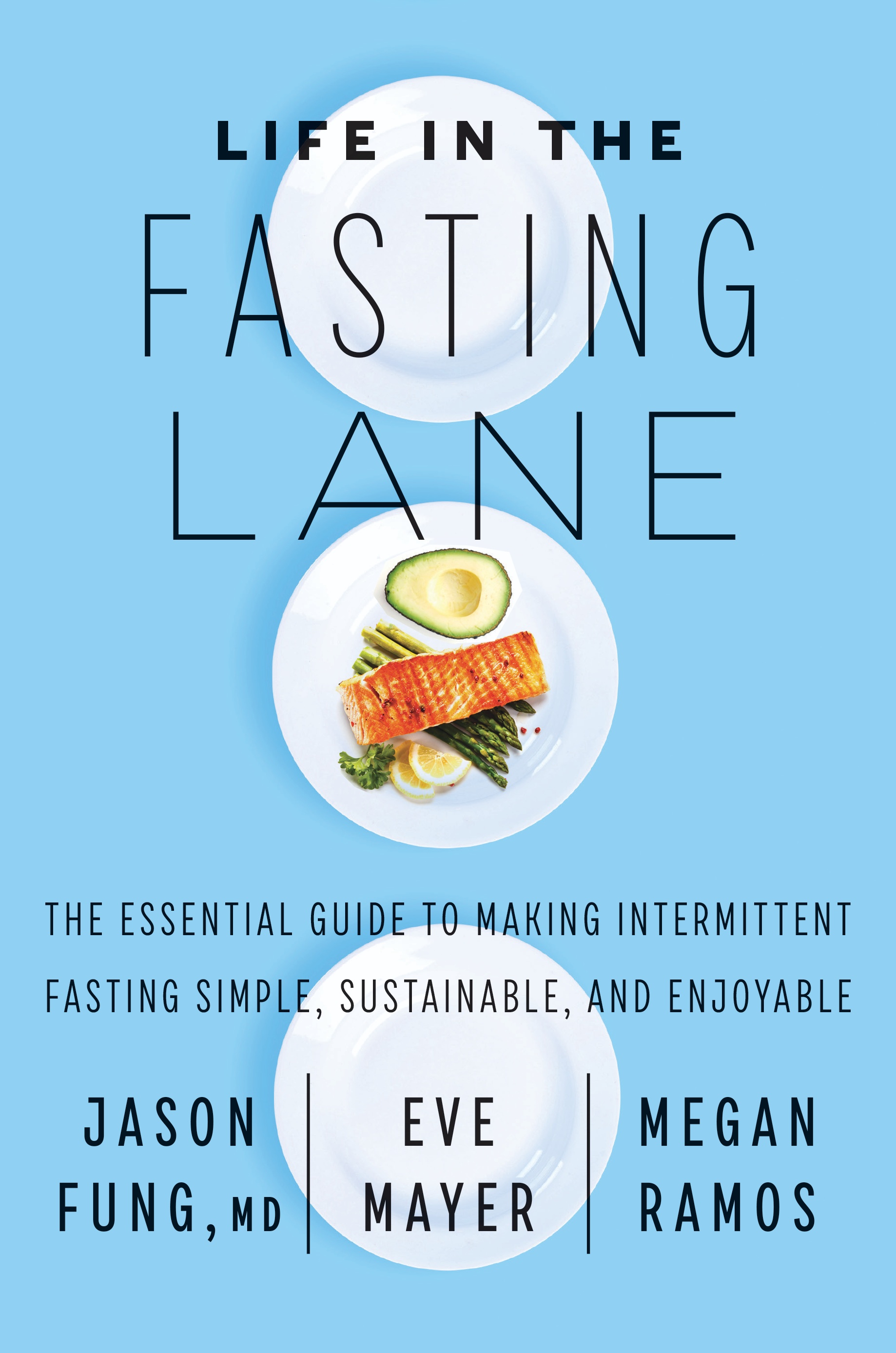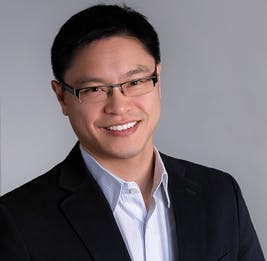Eating less is not inherently good or bad. It is simply part of a natural cycle, you eat and then you stop, and that’s where the term break-fast comes from. Mindful eating is particularly important now, as people are quarantined at home and doing their best to stay healthy. Eating right can help to reduce stress and can help your body fight illness, as fasting stimulates a process called autophagy, which plays a role in helping the body fight viruses by activating lysosomes which degrade viral particles and then presents them to the immune system to develop antibodies. This helps your body to fight illness and also recover.
Let me be clear that feasting is not what I used to believe: an extended period of gluttonous eating until I was in pain from my stomach begging for mercy. Instead, a feast should be a period of time—around one hour, ideally—when you eat healthy foods joyfully and mindfully until you are full.
I am not suggesting that if you abhor broccoli you should control your emotions enough to sit down to a big bowl of broccoli with a lustfully ravenous look in your eye. Ideally, you should pick low- carb, healthy- fat foods that you enjoy eating, preferably whole and organic. It is true that you won’t love everything that is healthy for you, but over time, your preferences and tastes will change.
And this is a crucial change.
Feasting does not mean eating perfectly, though even fit people sometimes indulge in unhealthy foods. Today, 90 percent of the time, I eat what I know makes me feel great, and 10 percent of the time, I have something that has no nutritional value and is not likely to make me feel good. I freaking love hamburgers, and I wish I could eat them as often as I used to. But I know that if I eat fries, a double- bacon cheeseburger, and a chocolate milk shake, I will feel sluggish and gain weight. I also notice that when I eat this way, I have incredible, undeniable cravings the next day. Instead, I enjoy a giant bowl of salad greens with grilled onions, avocado, bacon, shredded cheddar, and jalapeños, with a juicy, medium- rare wagyu beef patty sizzling on top of it. I relish this meal, eating every delicious bite. After I’m done, I feel like a million bucks, and cravings do not come back the next day!
How does one eat mindfully, you ask? Let me share a few tips. First, select foods that you enjoy and that make you feel full. If you’re not the world’s best cook, find someone in the family who is. If you have the time, arrange the foods beautifully—use the fanciest dinnerware you have, even if it is just nice paper plates. The foods you lay out should have a variety of colors, textures, aromas, and temperatures. Play with flavor combinations and unexpected pairings, like a crisp, tart green apple with cheddar cheese. If you enjoy eating with company, share a meal with friends, family, or colleagues. Turn off the television and put down your phone. Chew the food slowly and focus on the taste. Mmmmm.
The goal is to make a feast an event with as little distraction as possible, gorgeous presentation, and top- quality foods you love. Then eat until you are full. Do not count the calories, limit the healthy fats, or stop eating because you perceive that others will think you are overeating. Eat until you are satisfied, satiated, and comfortable.

Follow us here and subscribe here for all the latest news on how you can keep Thriving.
Stay up to date or catch-up on all our podcasts with Arianna Huffington here.




